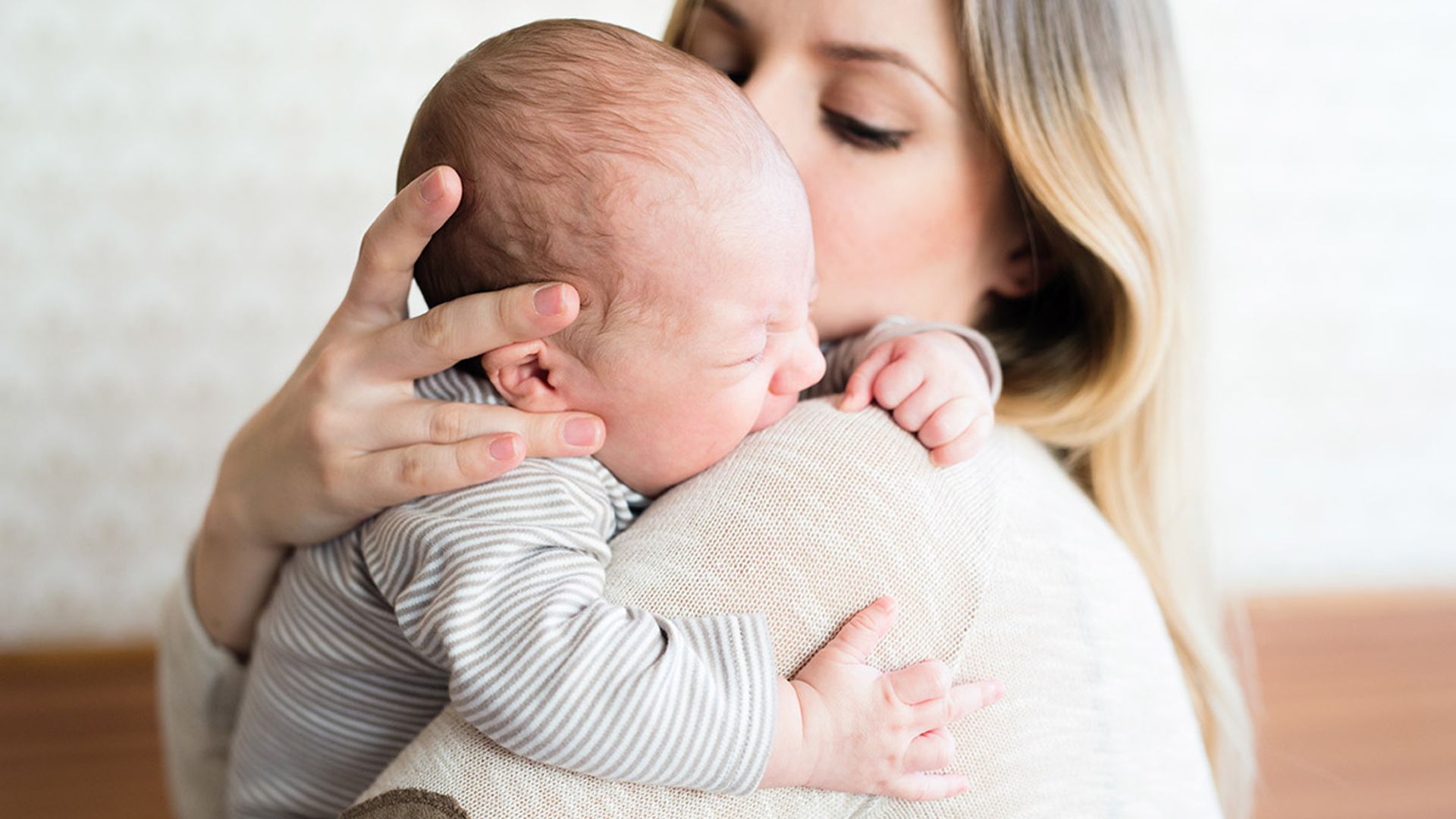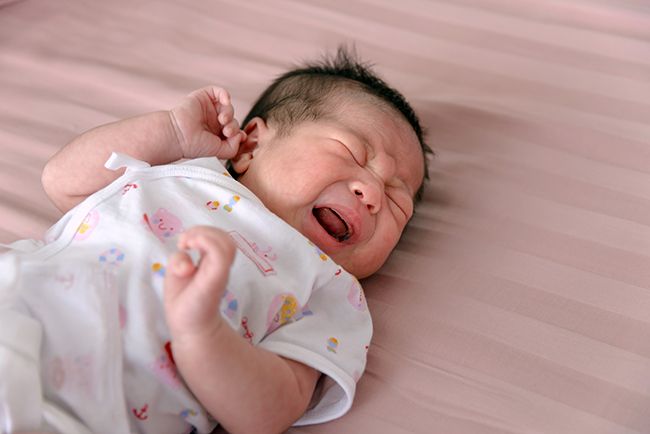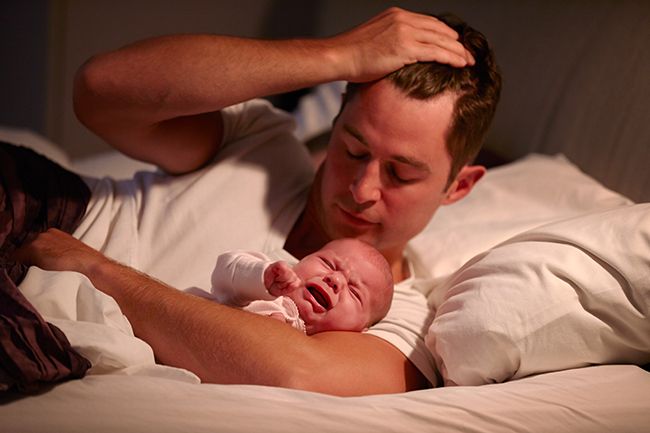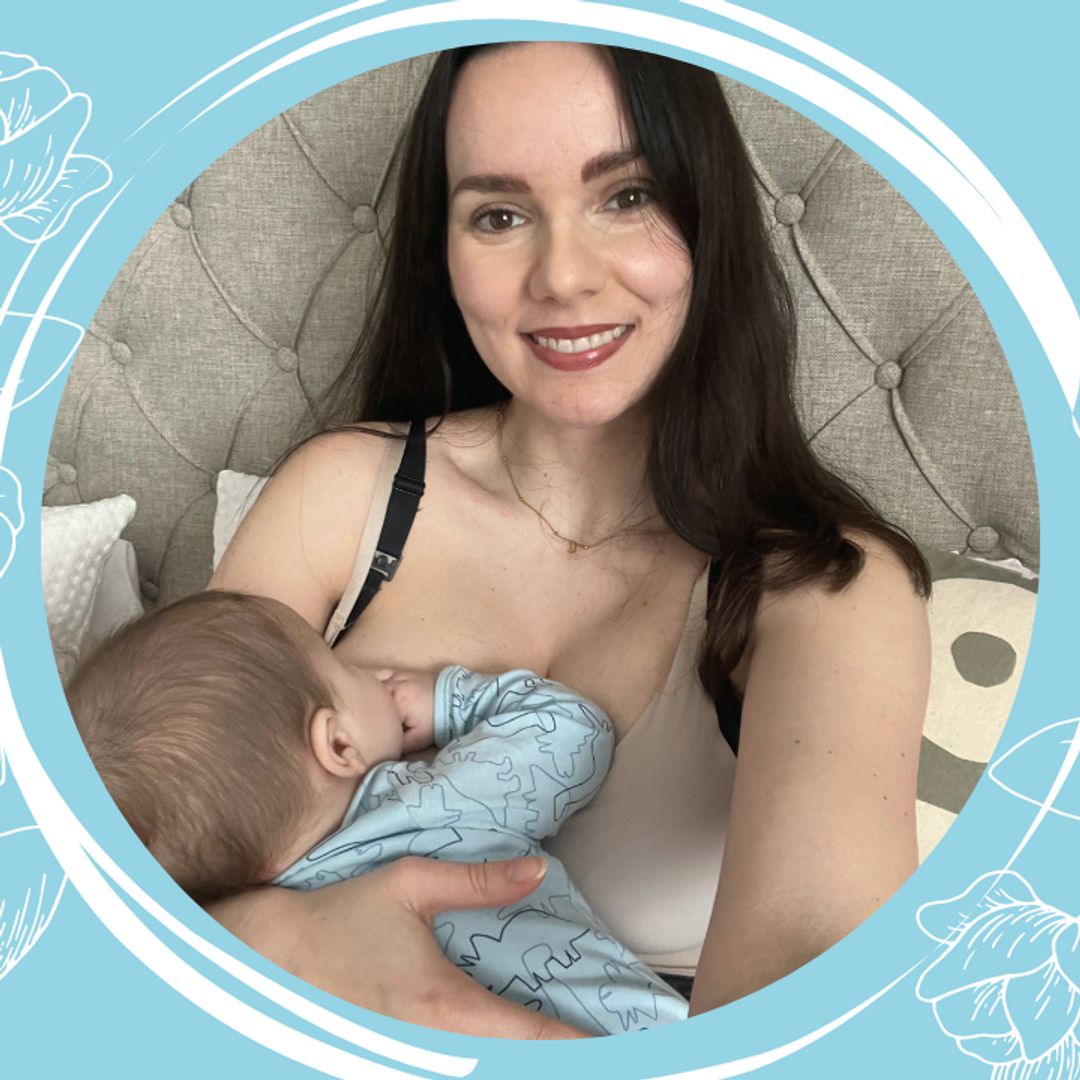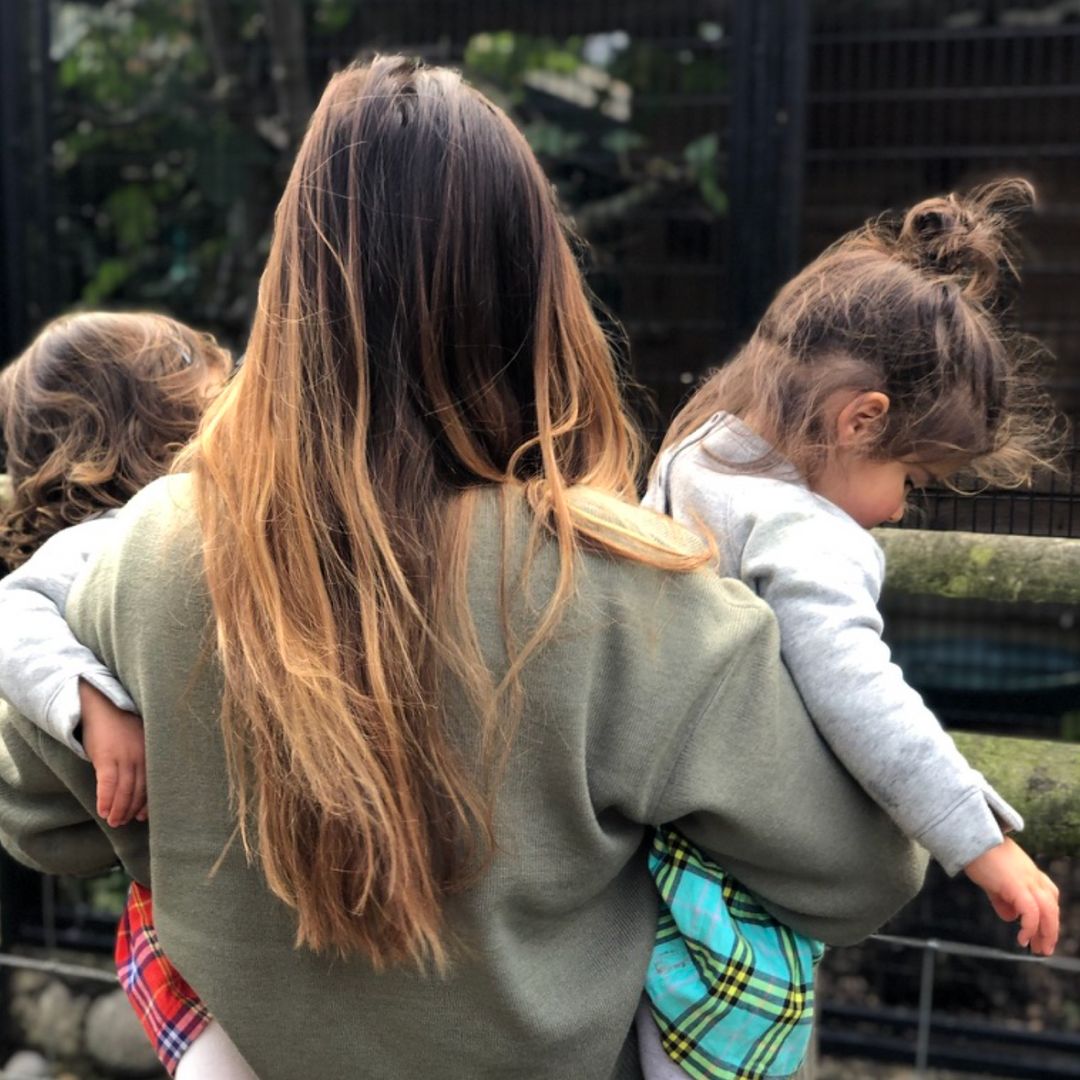'Babies cry, that’s just how it works' is a phrase I hear so often from clients who are often struggling with long bouts of unsettled behaviour from their tiny weeks or month-old baby.
MORE: Stressed out parent? Try these relaxation tips from a psychologist
Not only that, but this has often been said to parents by medical professionals when they have visited them with concerns that their baby cries a lot, with the parents' gut instinct being that something isn't quite right.
WATCH: HELLO!'s top 10 baby reveal moments
Even with ALL the information and knowledge we have on babies now, the general consensus is just that 'babies cry' – but this is just not the case!
Babies cry to communicate. If your baby is crying at you, there will be a reason, so let me help unpick that below…
Baby Sleep Coach Heidi Skudder @theparentandbabycoach will be a speaker at The Baby Show at Olympia London from 21-23 October 2022.
Four reasons your baby won't stop crying
They are simply just tired
Small babies get overstimulated really quickly and when they are tiny, they have very short awake windows – the time from when they wake to when they need to go back to sleep again.
For a six-week-old, that window would be an hour. This means that if baby is awake for two hours plus, being passed around to visitors and not having had a decent nap, they will cry! And often a lot!
The more they cry, the harder it is to settle them, the more tired they get and so on…it is a vicious cycle!
Babies cry when they are tired, and parents need educating on awake windows in order to help them understand what their baby needs in those early months.
MORE: 10 common new mum emotions and how to handle them
They are uncomfortable
All too many times, I work with clients who are told that their babies crying is normal when actually that baby is suffering from something else that has not yet been identified.
Whilst some babies are calm and content, others can really struggle with the adjustment to the outside world.
Babies born in very long or short labours, those who were in a difficult place in the womb or those born via c-section can come out with more tension, which can cause them to be more uncomfortable.
Visiting a cranial osteopath who specialises in babies can be a big game changer for new parents in helping with their baby’s discomfort.
Their tummies are sore
This is perhaps the most easily missed of all. Babies are born with digestive systems that need time and nurturing to develop.
Colostrum (mum's first milk) in those early days post-birth can really help with this. However, not all babies are exposed to this, not to mention those who are given antibiotics at birth, or that receive them via Mum in labour.
This can weaken their gut, causing them to be less happy digesting certain foods and proteins, such as certain formulas and dairy (as a starting point) in mum’s milk.
By looking at a mum's pregnancy and birth and the baby's early weeks, we can form a picture of what is going on for your baby and can make significant adjustments to his or her overall happiness. If you suspect your baby has a milk intolerance or allergy, please do visit your GP or flag with your health visitor.
MORE: 5 life-saving first aid tips for parents to know
They have swallowed lots of air
If a baby has a tongue tie, high palette or is not feeding in an optimum position, then they will take in air whilst feeding. This then causes tummy ache and difficulty settling, meaning baby will cry a lot. Crying in itself can cause air intake... and so it continues!
In order to rule out baby’s air intake being an issue, baby should be checked over by a tongue tie practitioner, who can assess the latch and tongue for function. Tongue ties are often missed by midwives, health visitors and doctors, so ensure to visit the right specialist, qualified in tongue tie assessment to be able to help.
Whilst babies, of course, do cry, we need to acknowledge that this is not just unexplained crying and that by looking at the root causes of baby’s crying we can really create happier, more contented babies and therefore easier journeys for the parents involved, too.
It does not have to just be about surviving those early months; it is entirely possible for baby to thrive.
HELLO!: The NHS says that if your baby's cry is continuous or you can't console or distract them, or the cry doesn't sound like their normal cry, it may be a sign of illness. In this case, seek advice from your GP or call 111
You can hear more from Heidi at thebabyshow.co.uk taking place 21-23 October 2022 at London Olympia.
The UK's Leading Baby & Parenting Shows in London ExCel, London Olympia, and the Birmingham NEC. Everything for Bump, Baby & You Under One Roof.
Like this story? Sign up to the HELLO! Family Hub newsletter to get other stories like this delivered straight to your inbox.
